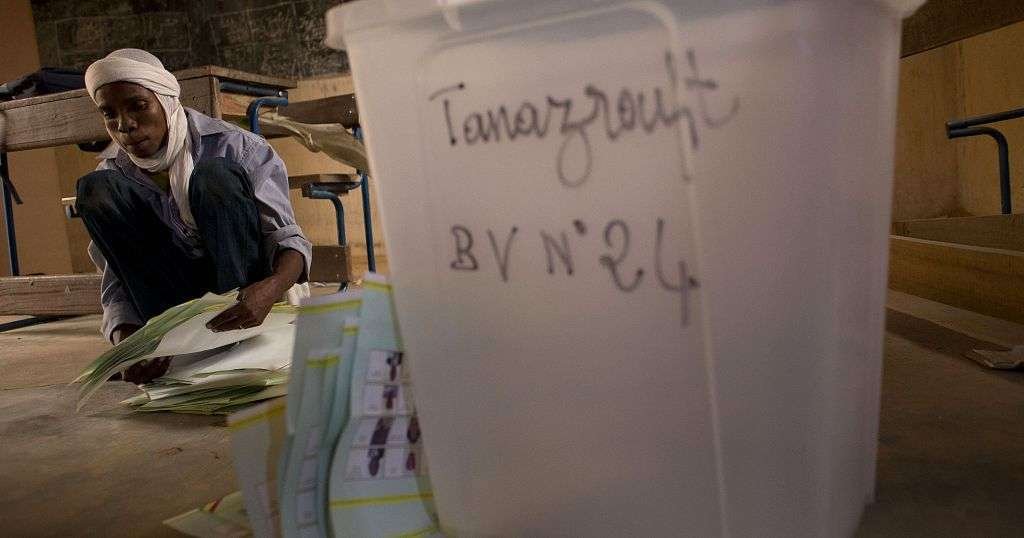Bamako, Mali – (African Boulevard News) – In a move that has sparked outrage among several political parties, Mali’s ruling junta recently announced the postponement of the presidential election, originally scheduled for February 2024. This decision, deemed unilateral by many, has raised concerns about the country’s democratic process and stability.
The decision to delay the election was made public on Monday (Sep. 25), leaving many political parties and stakeholders shocked and dismayed. According to the junta, new dates for the voting will be communicated at a later time. However, this lack of transparency has only fueled suspicions and distrust among the citizens.
Several parties have swiftly condemned the junta’s decision, highlighting the need for a democratic transition and adherence to the established electoral timetable. According to Mamadou Konate, a member of Mali’s political opposition, “Postponing the election without consulting the political parties is a slap in the face for the democratic process and undermines the trust of the people.”
The junta’s decision has also attracted attention from international observers, who have expressed concerns about the future of democracy in Mali. The United Nations, through its spokesperson, stressed the importance of a transparent electoral process and urged all stakeholders to work together to ensure a peaceful transition of power.
Civil society organizations have echoed these concerns, emphasizing the need for inclusive dialogue and consensus-building in determining the new election dates. Many fear that a delay in the presidential election may lead to increased political tensions and further instability in a country already grappling with jihadist attacks.
To address these fears and demonstrate a commitment to an open and participatory process, the junta needs to engage in genuine discussions with political parties and civil society representatives. Only through inclusivity can they hope to regain the trust and confidence of the Malian people.
The postponement of the presidential election has disrupted the political landscape in Mali, jeopardizing the country’s progress towards stability and democratic governance. It is imperative that all stakeholders, including the ruling junta, political parties, and civil society, work together to find a consensus and agree on a new election timeline.
As the nation eagerly awaits further communication from the junta regarding the new voting dates, one thing is clear – the future of Mali’s democracy hangs in the balance. It is crucial that the junta acts swiftly and transparently to uphold the principles of democracy and ensure a peaceful transition of power.
In the coming days and weeks, Mali will continue to face significant challenges, both domestically and internationally, as it strives to restore stability and rebuild trust in its democratic institutions. The fate of the postponed presidential election will undoubtedly shape the nation’s political landscape for years to come.

